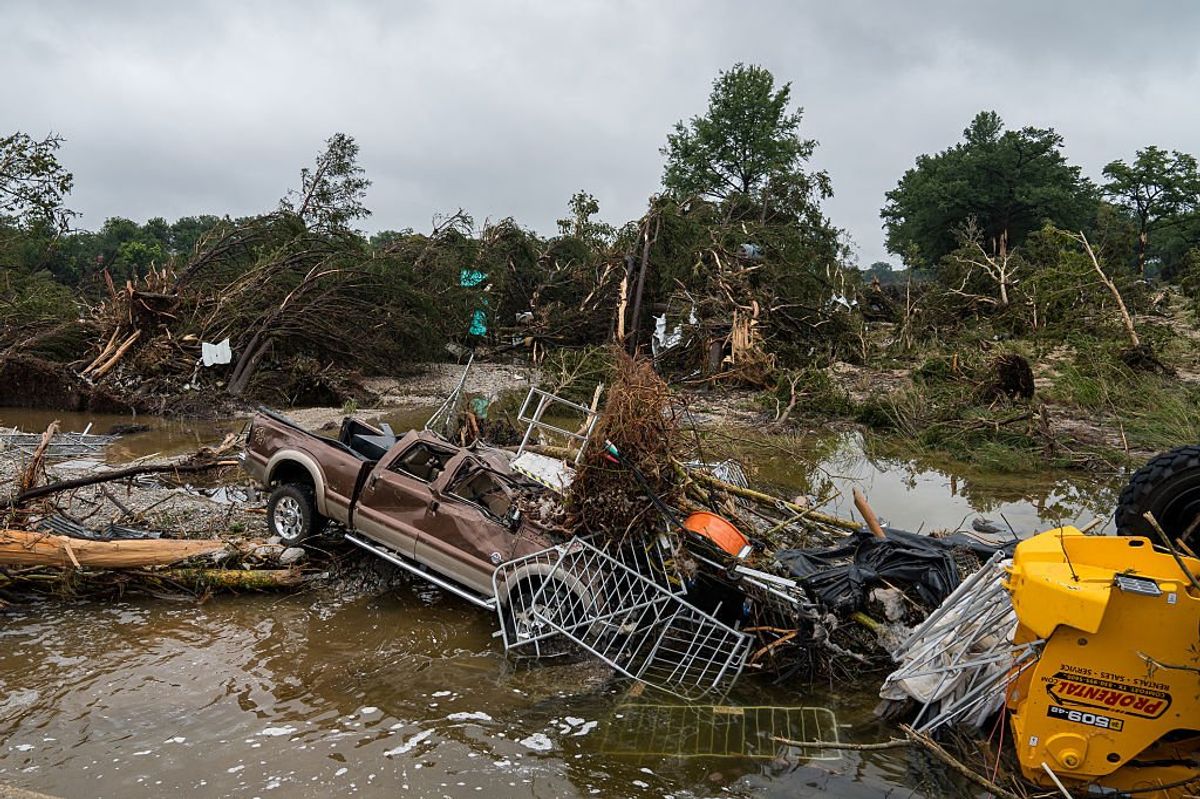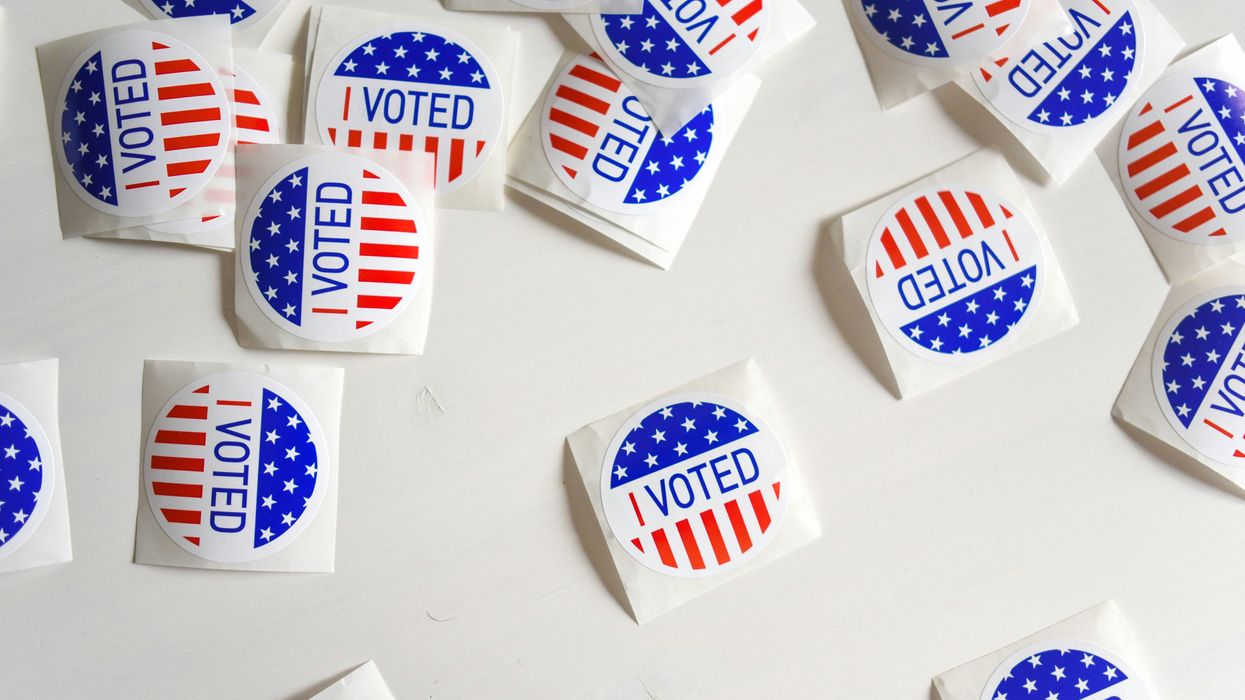Georgia is looking to take even more people off the election voter rolls in the coming months (about 330,000) than have registered to vote so far this year (310,000).
The astonishing but seemingly coincidental similarity of those big numbers helps underscore, once again, how the state has become one of the nation's prime voting rights battlegrounds just as it has also become a newly competitive battleground electorally.
After one of the closest governor's races of last year, Democrats have high hopes for toppling the GOP's 14-year hold on all statewide contests by staging strong runs for both of the state's Senate seats and Georgia's 16 electoral votes. But the party's chances rest heavily on a huge turnout, especially by African-Americans and people who only think about voting in presidential years.
That could be made more difficult after the coming purge, which will target registrants who have not cast ballots in several years. The state estimates the vast majority of those people have died or moved away, and those who are still in Georgia but have been politically inactive will get a chance to keep their registration current.
The secretary of state's office, which this week reported the surge in new registrations thanks in large part to the automatic registration of qualified people whenever they renew a driver's license, detailed its planned cleanup of the rolls just hours later.
Notices will be sent in coming days to the last known address of each inactive voter. To remain registered they must return a postage-paid form, re-register online or cast a ballot in next week's local elections. Those who don't respond in 30 days will have their names removed before year's end, well in advance of the March primary.
This is different from the last purge in Georgia, the largest single removal of voters in American history, when 534,00 registrations were canceled in 2017 without any warning. After a wave of complaints, the General Assembly passed a law requiring advance notice, but voting rights advocates say the system remains too harshly punitive for people who have decided not to vote in a while.
Still, last year the Supreme Court upheld Ohio's system for dropping voters who haven't cast ballots over a period of time. This month the state culled culled 182,000 registrations, or 2 percent of the statewide total, mostly people who had not gone to the polls in six years.
But Ohio makes public the names of potential cancellations, allowing voting rights groups to help them reregister. The Georgia secretary of state's office hasn't decided whether it it will make its roster public.




















